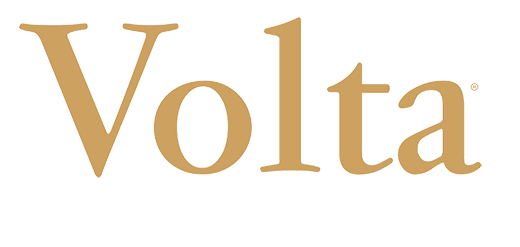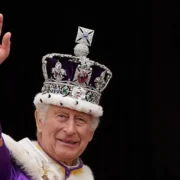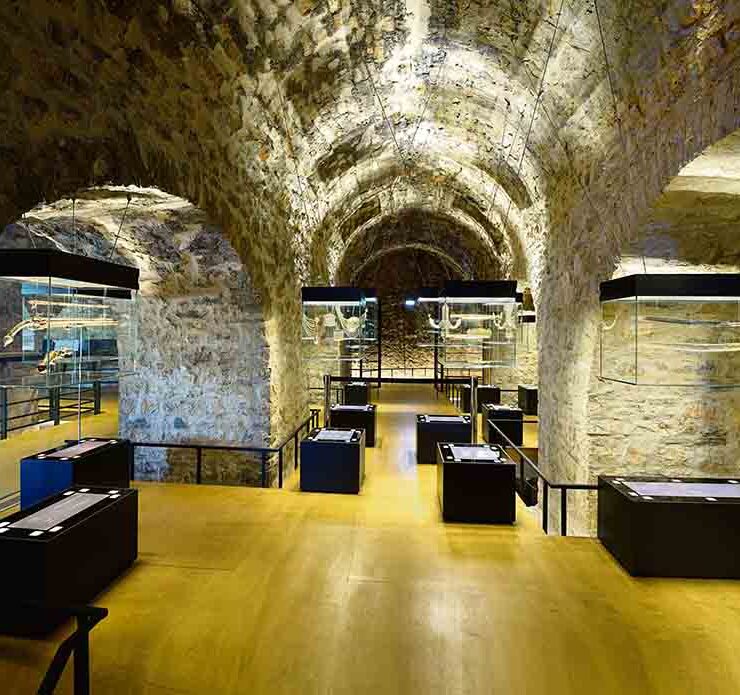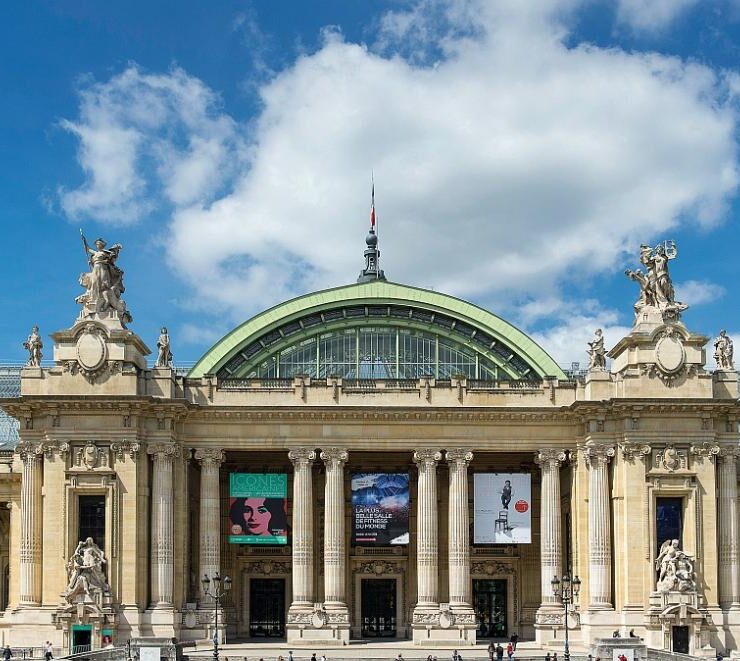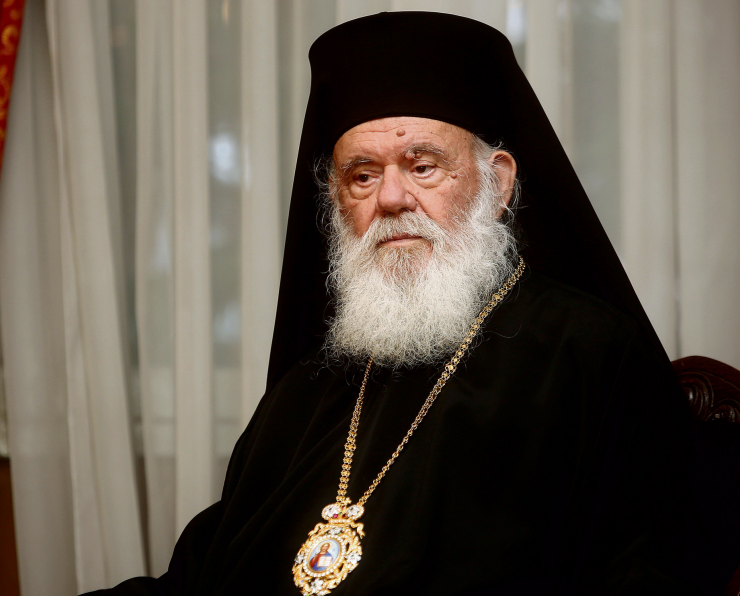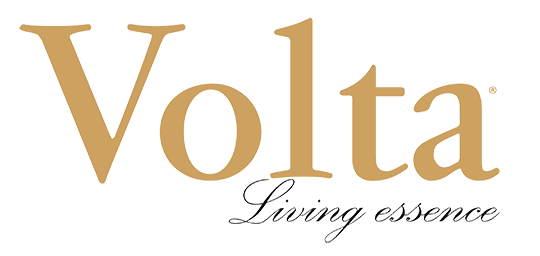Cultural Diplomacy – Light and Might
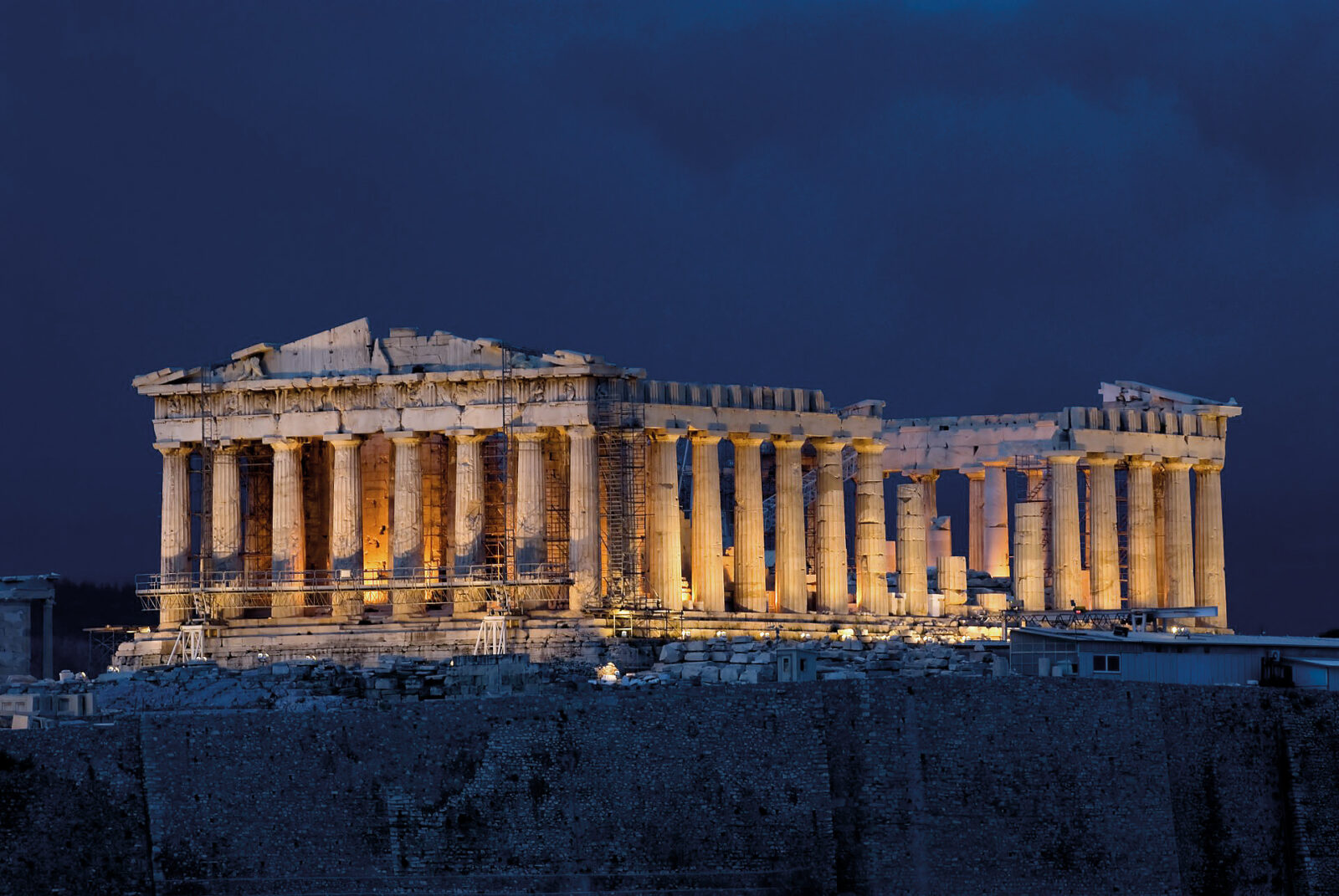
“In the beginning was the word’. Word, Logic, Mind transforms into speech and becomes dialogue, communication, community, city and thus, culture and politics. Consequently, the original and authentic Word, the speech and dialogue, jointly create collective life, which produces cities, citizens and cultures through collaboration, solidarity, generousness and mutual profitability. These comprise the action, which is the culmination not only of the individual but also of the collective life, the state and the community, and thus politics and culture.“
The human existence, through action and reaction, both individually and collectively, is continuously trying to surpass its limitations, striving not only internally, in an attempt to master self-awareness, spiritual uplift and moral transformation, but also externally, aiming to tame Mother- Nature, the natural environment, within which the ethnic, cultural, mental and political environment, that is humanism , is gradually created and constructed.
It is obvious that human actions do not end at the narrow horizons of the Ego, which in itself is a rather biological entity. What gives substantial existence to the individual and collective dimensions of life is interactive co-existence, that is friendships and the overall interaction, through memory, education, tradition and experience.
Equipped with memory, judgement and education, the human intellect builds societies and collectives and thus humans are humanised in essence. This only happens in communities of not only people but of true fellowpeople, where based on dialogue, mutual aid and common goals they try to expand the boundaries of their freedom, at a materialistic, mental and moral level. In this way, politics act, culture takes effect and language, education, art, aesthetics, manners and customs work. These fundamentals have always been collective and never individual. Based on them the individual and collective identity is born and created, the struggles for progress, that is, culture. Therefore, culture is primarily a collective, social and communal phenomenon and consequently power, politics, might and diplomacy, as all these fundamentals collaborate vitally and dynamically.
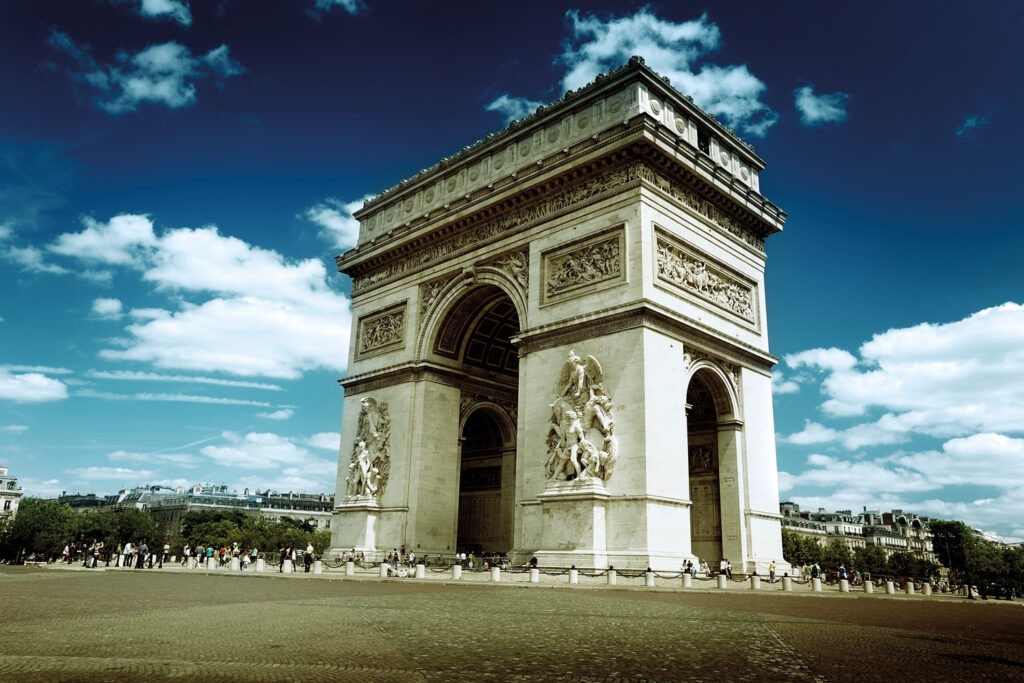
Only humans can create culture, civilization. Only within culture humans may become people when they feel fellow people. They all engage in a lasting struggle for change, progress and renovation, to the extent that a community seeks to protect its self-existence and its self-referentiality (self-reference) as well as to strengthen every aspect of its “hard” and its “soft/mild power”.
All the previous dimensions of human choices are embodied in essence in the “political phenomenon” as it is presented and defined by Aristotle, Max Weber and Panagiotis Kondylis, as well as in the “war phenomenon”, as it is viewed through the theories of Thucydides, Clausewitz and P. Kondylis. One should always bear in mind the substantial and deep relationship of culture, politics, war, the unity of the ship, which carries us all through space and time. Therefore, the “political phenomenon”, the “war phenomenon” (and thus might) and the “cultural phenomenon” are communicating vessels, they are the “holy trinity” of every humanmade, artificial, environment. Accordingly, hard and soft power, based on action and circumstance, co-create clever/smart power which aims at their influence, might, continuity and expansion. Obviously, these are the goals of every Great Power, as well as of every state, people and nation, interested in promoting and supporting its interests and rights.
Therefore, it can be understood, not only theoretically but also geopolitically, why culture, religion, language, art, tradition, national memories and heritage, values and ethics, intellectual and technological achievements, enable people to overcome and manipulate their primitive instincts, and to stand out, not always positively, from the entire ecological and natural environment.
The constant challenge, in every era, in every society, is the balance and harmony between and among the material, mental and moral element of every civilisation. This was perhaps the challenge of the Ancient Greek Civilisation, and respectively of the Greco-Roman and the Byzantine and Christian civilisations, which virtually consist the platform of every form of European civilization.
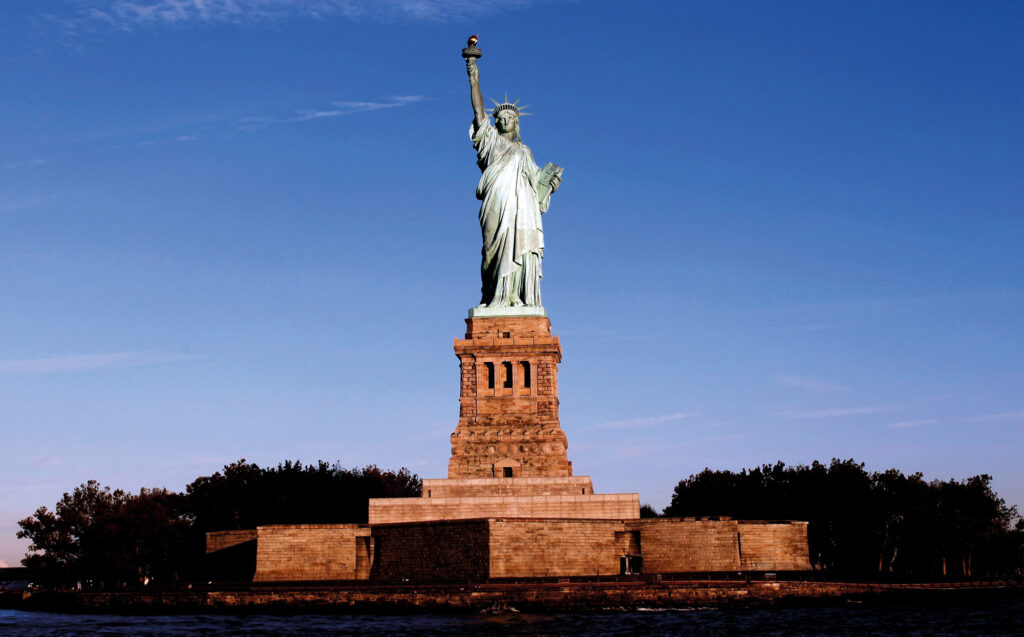
Indeed, as long as this harmony exists, then people are in balance with themselves, with others, with the natural environment and also with their novel creations, their modern tools. When this balance is lost, then several problems occur: psychological and mental problems, moral dilemmas, wars, and mainly the alienation of humankind from anything moral, authentic and spontaneous, which is the beginning of the decline of every civilization.
Therefore, people struggle, individually and collectively against the darkness, ignorance and injustice. So, respectively, it is assumed that every Great Power of any era seeks to project itself as a model of civilisation, political ethics and “righteousness”, as it is nowadays practised by the USA, the EU, China, France etc. For this reason, beyond their political and military might, they rightly promote their technological, scientific and economic power, combined of course with certain aesthetic and moral standards, a composition of soft and hard power, as pillars of a complete and holistic clever/smart power (according to Huntington and Nye).
Thus, it is obvious that the Powers, striving for political and geopolitical sovereignty, simultaneously tend to strive for domination in the realms of science, technology, intellect and values, thus in the realms of intangible culture. It seems that diplomacy without a cultural and ethic status and dimension tends, if not to nihilate itself and become inactive, at least to be vitally compromised, even at the level of appearances, on the communicative level. Consequently, landmarks, art and religion play an important, supportive role as well as ethics and philosophy which aim to help not only human communities but also each individual. Thus, they will handle grave issues, such as power, politics, violence, war and the creation of states, that is the institutionalised and statutory social partnerships and all forms of living together (Castoriadis).
Based on the aforementioned, the US is trying to present itself as a “World Leader”, while opposing forces (EU, NATO, Russia, China, Iran, etc.) also seem to be after something similar. In particular, the EU is trying to promote Peace as its key objective, striving to conform it with economic development, respect for human rights, environmental protection and multiculturalism; therefore, it is based on soft power and every kind of economic, intellectual, cultural and “moral” diplomacy.
Fortunately, in the course of time, there are civilisations which have evolved, which have acquired a classicality, a timelessness and a wider acceptance. One of these national civilisations is the Greek, which should be mainly viewed as “an open sea”, as it was emphatically stressed by G. Theotokas, who was one of the most prominent intellectuals of the interwar period. Perhaps, the greatest contribution of this civilisation is the hope and the ability that anyone whatsoever can have, beyond any discrimination, to sail into this “open sea”.
Civilisation, and more specifically the Greek civilization, is a voyage not only to Ithaka, but also to Cythera. One of the most prominent personalities of both the European and the international intellect, the German philhellene Goethe taught us that there is always a need for “Light! More light!”, presumably meaning more intellect for every individual and for mankind as well. In particular, the timeless contribution of the Greek civilisation to the universal intellect is a set of eternal and supreme ethical-social values, principles, ideas, harmony, symmetry, and living standards which are people-oriented and person-centered. This is the international heritage to the heirs and the successors of the Greek and the global culture.
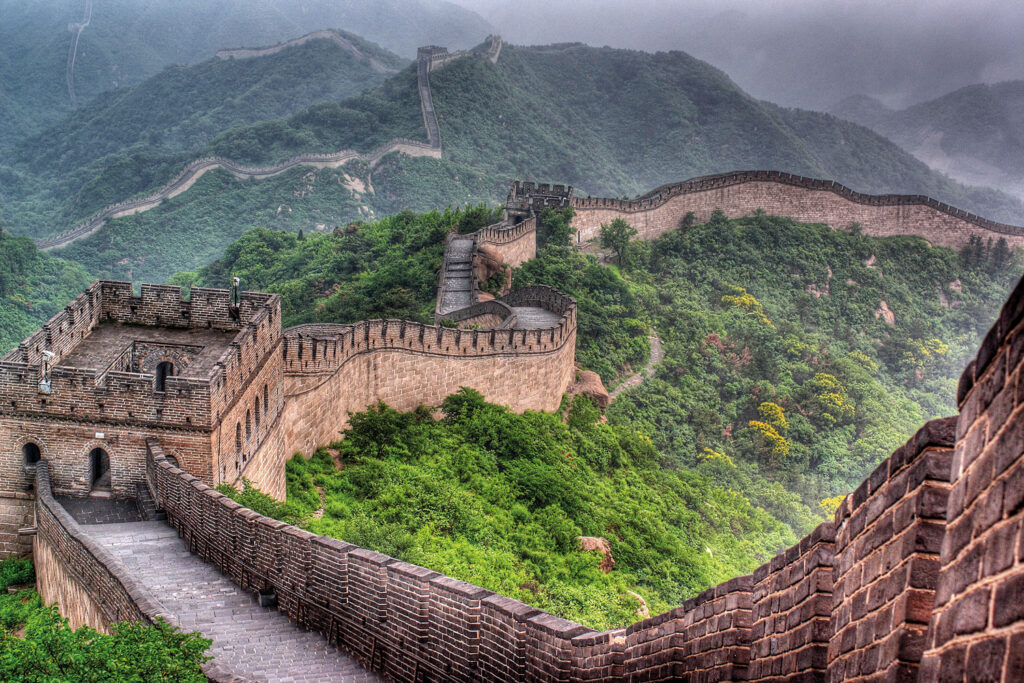
Perhaps, in this way it can be understood why the German Philhellene and illustrious antiquarian, Winckelmann, shamelessly preached that “The only way for us to become great, or even inimitable, to be humans, if possible, is to imitate the Greeks”, that is followers of the idea of harmony, measure(metron), Democracy, humanism and respect for the natural environment.
All the above, in essence, consist the might of the Greek Culture, not only within the European Culture but also within the Global Culture, “the Culture of Cultures, as E. Venizelos used to state, a culture which should by all means be people centered. This is also defined by the great scholar, Enangelos Papanoutsos, who taught that “man is the only being in our known part of the universe, which has the right to be treated as an objective and never as a means to a goal”.
Accordingly, some great civilizations, like the Greek (Greco-Roman and Christian), the Chinese, the Indian, the Egyptian, the Iranian-Persian, the civilisations of the Middle East and Mesopotamia, the Arab-Islamic civilisation and the “central civilisations” of Central and South America are able to produce a new model of peaceful coexistence, “moral diplomacy”, and therefore politics and diplomacy based on principles and values, on models of mutual development and mutual prosperity and, eventually promote a new model of binational, international, regional and global communication and coexistence.
Of course, in any case, the timeless lesson learnt by “great” civilisations is the need to advance, project and integrate within all societies, not only the Greek and the other European ones, but also within the ones which seek to cooperate based on values and ideals, such as Freedom, Justice, Democracy and Solidarity, the respect of human rights, beyond discriminations of any kind.
If the possibility of a “great plan” for people and humankind, in general, really exists, it is ethically imperative and materialistically essential to be braced and supported by civilisation, knowledge, education, aesthetics, and charity ethics. Ultimately, Gandhi seems to have been right in teaching that we need wealth with toil, knowledge with character, politics with values, enjoyment with emotion, commerce with ethics, science with humanity and love with sacrifice. In conclusion, perhaps Brzezinski’s “Grand Chessboard” could conciliate and collaborate based on the vision, the principles and the values of Mahatma. So, this is the way through which Might can meet and reconciliate with Light, creating Light and Might, a global, universal and human-centered culture.
What's Your Reaction?
Brigadier of the Greek Army – Analyst
